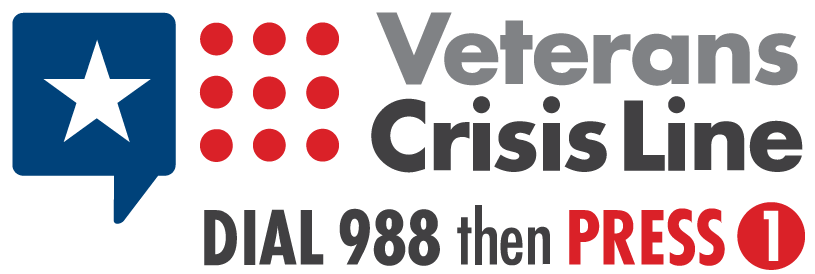Agent Orange Exposure
During the Vietnam War, an herbicide known as Agent Orange was used to eradicate the heavy jungle forest to make it easier for troops to avoid ambush. We now know that these herbicides contained toxic chemicals, predisposing Veterans to an increased risk of developing certain medical conditions.
Presumptive Conditions
Veterans who had boots-on-the-ground service in Vietnam, Thailand, the DMZ in Korea, or served on a Blue Water Navy Ship during certain time periods and have been diagnosed with a qualifying medical condition can file for disability benefits based on this presumptive exposure. This means that if VA acknowledges a Veteran was exposed to Agent Orange, their claim for service connection is granted on a presumptive basis, meaning that a medical nexus is not required if the Veteran has a diagnosis for that presumptive condition. See the list of presumptive Agent Orange conditions here.

Other Conditions – Cancer
VA has not yet recognized that many medical conditions may be a result of Agent Orange exposure. These conditions are referred to as “non-presumptive” conditions, and it’s possible to win benefits for these claims with supporting medical evidence.
Appeal Your Denial
Bergmann & Moore has successfully prevailed in many non-presumptive Agent Orange exposure cases. If you’ve received an unfavorable decision from VA, Bergmann & Moore may be able to help.
Click the Start Now button below to receive a Free Consultation.

One of the largest law firms in the country practicing solely in the area of Veterans’ benefits. Managed by former VA attorneys. We know the journey and can get you through.
Disclaimer: The information contained on this website is not legal advice. Using the information provided on this website or contacting Bergmann & Moore, LLC does not establish an attorney-client relationship. [Privacy Policy]


